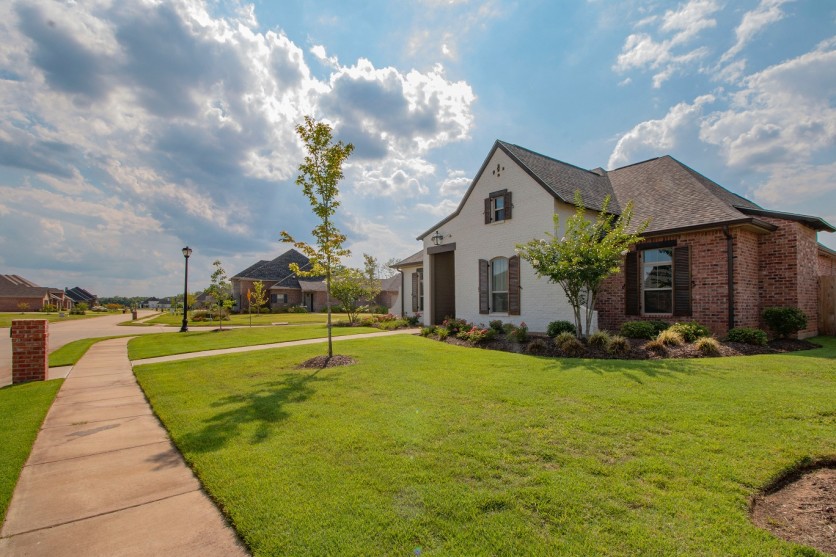
Managing properties looks different in 2023 than it did even five or ten years ago.
Just as everyday people now look to manage their shopping, banking, and health online, so are landlords looking to manage their properties online.
Thanks to property management software, this goal is entirely attainable for landlords in 2023. With access to versatile and robust rental tools in digital spaces, property owners can cut management costs by overseeing their properties themselves. Added benefits like bolstered security, greater accessibility, and automatization increasingly make the software the best management option available.
Let's break down the key features and benefits of property management software and find out just why so many landlords can't live without it.
Collect Rent Online
The biggest benefit of property management software (and the one landlords look for most often) is online rent collection.
Rather than tracking down cash or paper checks each month when rent is due, the software makes getting rent in on time your tenants' responsibility. Tenants submit payments online via credit, debit, or ACH transfer while you track their payments without lifting a finger.
The benefits of online rent collection are numerous and deserve an article of their own. Beyond convenience, online rent collection allows tenants to automate payments, meaning fewer late fees. It's also more secure, faster (transactions can be processed same day), and easier to track should something go wrong.
Sign and Store Digital Leases
Just like paper checks, paper leases will soon be a thing of the past.
Digital leases offer more flexibility to landlords looking to streamline the leasing process. For one, online leases are easily stored on the cloud, where you and your tenants can view them at your convenience. There would be no more excuses or requests from tenants who have lost their copy of the lease or forgotten about one of its terms.
Secondly, online leasing also means applicants can sign leases digitally with e-Signatures, which are much more secure than traditional ones. Anyone with a steady hand can forge a "wet" signature, but digital signatures are encrypted and always leave a digital "paper trail," or a record of when the document was viewed or signed by someone, along with when and where.
This is possible because of embedded Personal Key Infrastructure (PKI), which generates "keys" that uniquely identify signing parties. Here's how it works: A tenant signs a lease using a private encrypted key, then provides you with the public key. You'll know it was your tenant who signed if that public key can decrypt the signature. Essentially, this process is equivalent to getting a paper signature notarized. With online leasing software, you can count on your digital leases to be securely signed and reliably stored.
Communicate With Your Tenants
The landlord-tenant relationship is at the heart of any rental business. Good landlords know that communication is a key component of that relationship.
Fortunately, many property management software platforms offer a tenant chat feature so you can start building relationships with your tenants from the moment they sign a lease.
Of course, you can always reach out to your tenants by email, text, or give them a call. But it can be hard to keep good communication records in various places. Instead, tenant communication on your software platform is centralized in one place should you need records of those conversations. It's also a great way to enforce good boundaries and keep rental-related messages separate from personal or work emails.
Tenant communication is easily one of the best property management software features available for landlords.
Manage Maintenance Tickets and Personnel
Maintenance management is another sought-after software feature. When appliances or utilities inevitably malfunction, you'll want your maintenance staff or contractor to be on-site, on the job, in quick time. But if you have two or three dozen units, keeping track of maintenance requests and their progress can quickly become overwhelming.
That's why many property management software platforms come with a maintenance management tool to do just that. You can track requests, assign tasks, and check in with tenants after completion. If your software also offers a landlord app, as many do, you can assign maintenance tasks to personnel or attend to an emergency from your smartphone while you're lounging at the beach or visiting a friend across the country.
Track Profits and Losses
Many landlords use dedicated accounting software like QuickBooks to track rental finances. But while these platforms are generally effective, they aren't designed specifically for landlords. Using an accounting tool on your property management software can lead to a much more streamlined experience. Many platforms offer financial reporting tools as a secondary or premium feature, on which you can track expenses and revenue, generate profit/loss (P/L) reports, and use other accounting tools.
Prepare for Tax Season
Spring is fast approaching, and while good weather isn't guaranteed, taxes are.
Filing your taxes is tedious even for an average person, but landlords have an even greater challenge with real estate taxes. The IRS has established many complex rules for rental income tax and qualification for the many deductions available for landlords.
Whether you're doing your taxes on your own or plan to hire a tax professional, the software can make tax season a whole lot easier. If you're in the market for software, look for platforms that offer financial reporting services with tax form generation. Your software will auto-generate important rental tax forms all landlords need to file, such as Schedule E (Form 1040) or Form 1099.
Conclusion
Managing your rentals without software is an inconvenience you no longer have to tolerate. Property management software is affordable, intuitive, and worth the slight learning curve it entails. You won't regret making the switch to digital management, and your tenants will appreciate it too.
![Apple Watch Series 10 [GPS 42mm]](https://d.techtimes.com/en/full/453899/apple-watch-series-10-gps-42mm.jpg?w=184&h=103&f=9fb3c2ea2db928c663d1d2eadbcb3e52)



